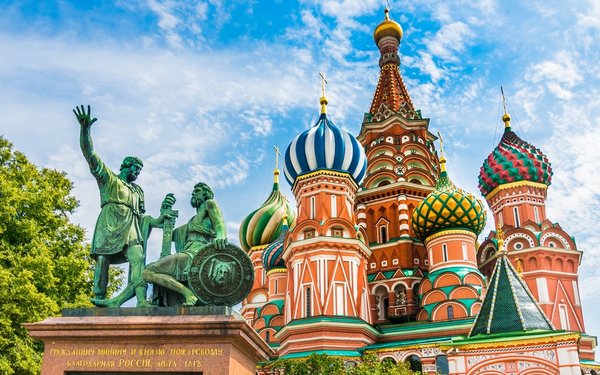
Following Facebook’s lead, Twitter is
finally addressing the presence of Russian agents on its platform — and their efforts to influence the 2016 U.S. presidential election.
“We are concerned about violations of
our Terms of Service and U.S. law with respect to interference in the exercise of voting rights,” the company’s public policy team explains in a new blog post.
Of the roughly 450
accounts that Facebook recently shared as a part of their review,
Twitter has concluded that 22 had corresponding accounts on Twitter.
In addition, the team said it found another 179 related or linked accounts — none of which were registered as
advertisers on Twitter. Russian entities have also used Twitter’s ad network to reach U.S. citizens, the company revealed.
advertisement
advertisement
Specifically, Twitter said it sold ads for accounts
connected to RT (Russia Today), which it acknowledges has strong links to the Russian government.
“Based on our findings thus far, RT spent $274,100 in U.S. ads in 2016,” the
public policy team stated.
That year, RT-affiliated accounts — including @RT_com and @RT_America — promoted 1,823 Tweets, which “definitely or potentially” targeted the
U.S. market, Twitter found.
Twitter said it is too early to estimate the breadth of Russian-backed operations on its network, but it is taking active measures to combat the problem.
Like Facebook, the tech titan says it is cooperating with congressional committees with respect to investigations into Russian interference in the 2016 election.
Specifically, on Thursday,
Colin Crowell, Twitter vice president for public policy, met with staffers from the Senate Select Committee on Intelligence and the House Permanent Select Committee on Intelligence.
In
addition, Twitter is preparing additional measures to combat misinformation, including new and escalating enforcements for suspicious logins, tweets and engagements. The company is also trying to
shorten the time it takes to catch suspicious accounts, tweets and engagements.
Earlier in the month, Facebook finally admitted that Russian disinformation operatives had placed around 3,000 paid ads
on its platform over the past two years.
“In reviewing the ads buys, we have found approximately $100,000 in ad spending from June of 2015 to May of 2017 -- associated with roughly 3,000
ads -- that was connected to about 470 inauthentic accounts and pages in violation of our policies,” Facebook Chief Security Officer Alex Stamos wrote at the time.
Like Twitter, Facebook is working with congressional investigators, as part of their probe of
Russia's interference in the U.S. election.